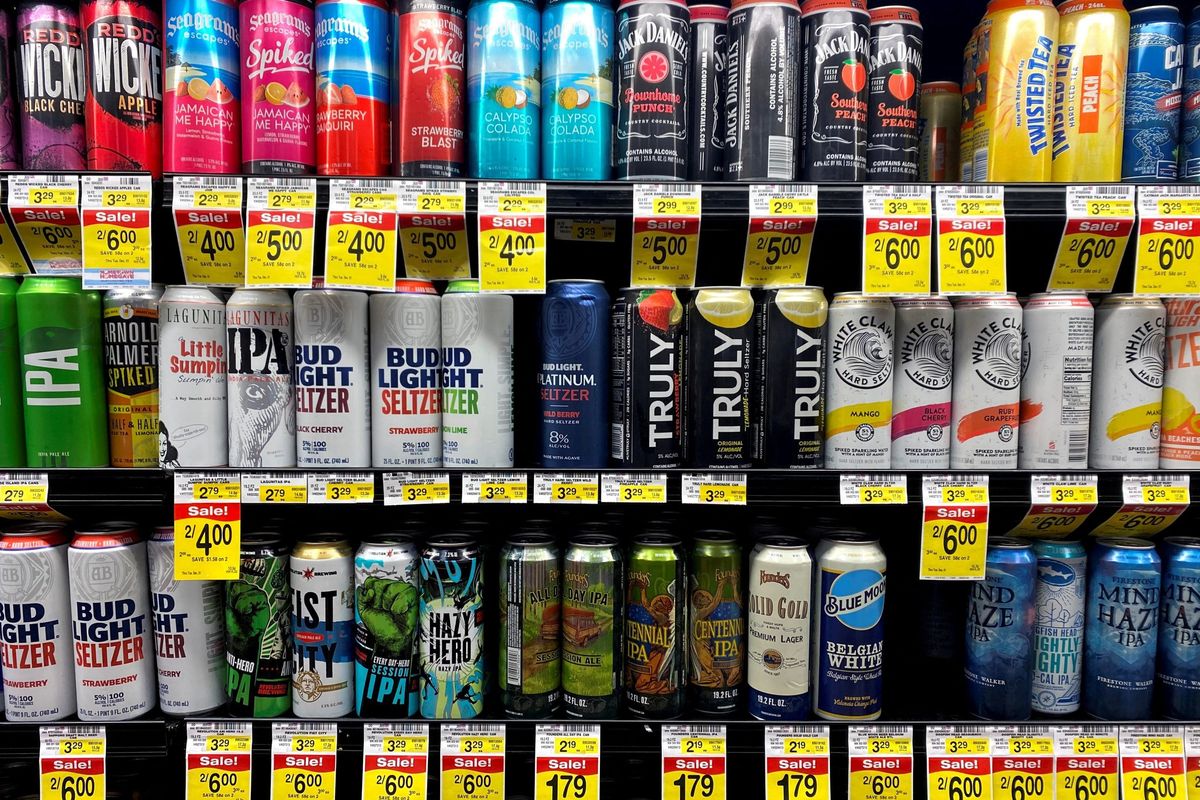Anheuser-Busch InBev on Thursday outshone rival alcohol companies which had struck a downbeat tone in their quarterly results, but even the top brewer was cautious amid low consumer confidence, bad weather and emerging market turmoil.
Forecast-beating profits at the world's largest brewer by volumes cheered investors after a series of missed forecasts and warnings of trouble ahead from other beer and spirits companies.
Shares in Diageo, the world's top spirits maker, fell more than nine per cent to a four-year low on Tuesday after the company warned serious challenges endured in its most recent financial year could persist into the next.
Heineken shares also dropped by nearly as much on Monday, when the number two brewer said poor weather in Europe had hurt its performance and meant it would achieve lower annual operating profit growth than analysts expected.
AB InBev's volumes and revenues also missed estimates and the Belgian company maintained its full-year forecast for between four per cent and eight per cent core profit growth despite exceeding expectations in the second quarter.
Its caution may be a sign of the challenges facing all alcohol companies. Tough economic conditions in many markets have left some under-pressure consumers cutting back on drinking or swapping expensive labels for cheaper ones.
Spirits suffer
Spirits makers especially have faced a serious downturn after a post-pandemic boom in sales, where cash-flush consumers splashed out on expensive booze. Pricier labels are now instead gathering dust on shelves around the world.
Some investors said the shift had shown the companies' core strategy - shifting drinkers towards more expensive products - was more vulnerable to economic conditions than previously thought.
Consumers were resistant to further price increases, thinking twice before buying bottles of liquor and switching to cheaper products, Moritz Kronenburger, a portfolio manager at Germany's Union Investment said.
He added that while likely temporary it was unclear how long this would last.
In emerging markets like Mexico, Diageo has been losing market share as some drinkers swap international spirits for local brands with Mexican heritage.
Heineken meanwhile has been struggling in Vietnam amid tough economic conditions and stricter drink-driving laws. AB InBev was also hit by bad weather in China, as well as spiralling sales in inflation-hit Argentina, dragging volumes down.
Gen Z drinks less?
Longer-term, some investors wonder whether a shift to healthier lifestyles could dent sales as people cut back on alcohol. Gen Z in particular is thought to drink less.
Diageo chief executive Debra Crew said that while Gen Z consumers in the United States have a preference for moderation, data shows they are spending more on spirits than millennials at the same age.
That could mean they are more likely to buy a few cocktails rather than drink beers. That for now appears to work more in favour of spirits companies, said Fred Mahon, fund manager at spirits investor Church House.
Church House has, however, sold out of beer stocks, concerned that such trends are driving a long-term decline in beer volumes in key markets like the United States, where a large number of blue collar workers used to fuel consumption, Mahon said.
"People don't have those careers as much; their children might work in an office in a city - it is just a different environment."
(Reuters)





